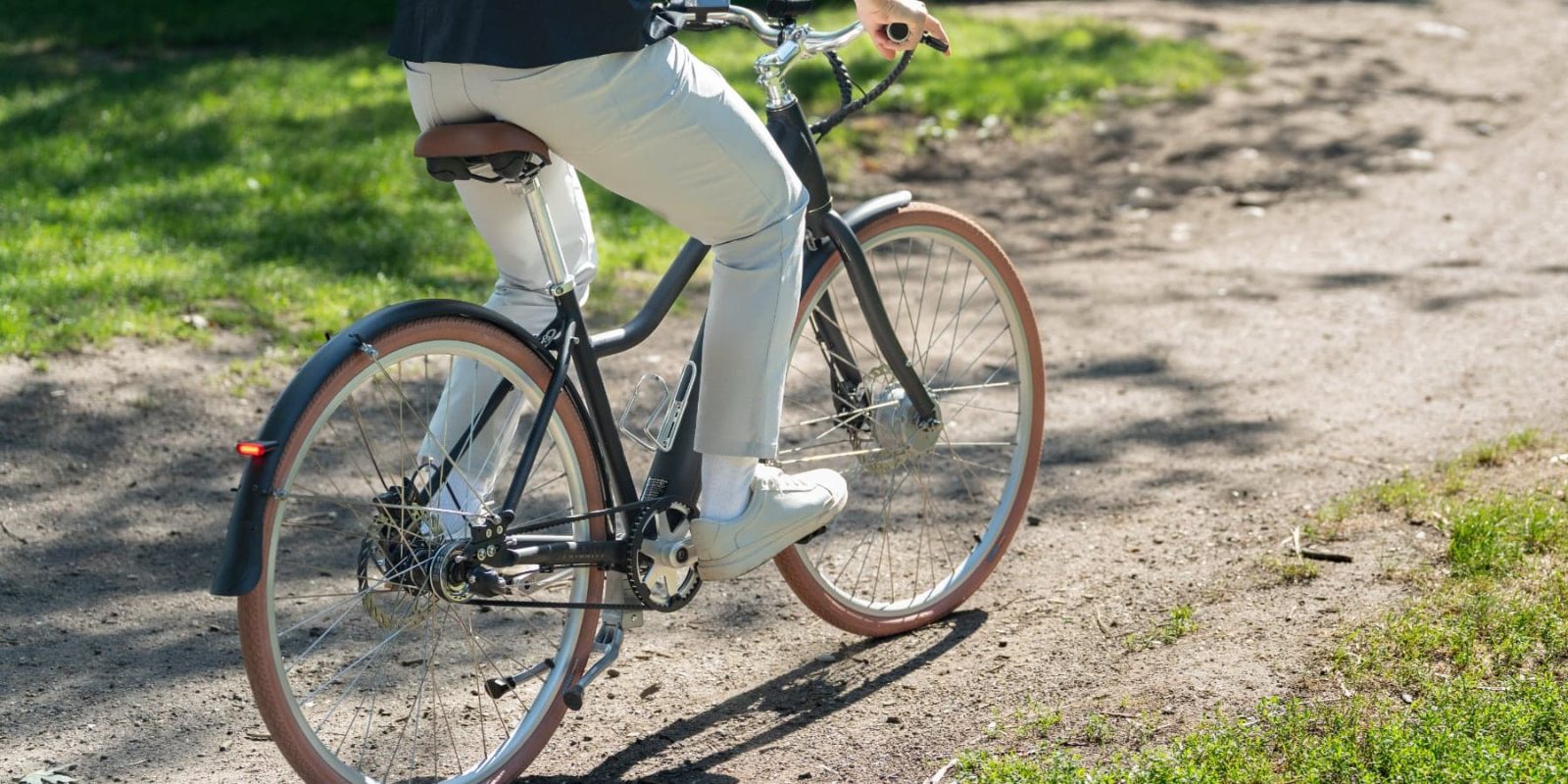
Electric bikes are booming in popularity across the US, and cities are starting to take notice. From famous programs like those in Denver to smaller initiatives around the country, local governments are rolling out rebate and incentive programs to make e-bikes more affordable, especially for lower-income residents. The goal? Get more people out of cars and onto two wheels.
E-bike incentives vary widely by city and state, but the overall trend is clear: public officials increasingly see e-bikes as a low-cost, low-emission transportation solution that checks a lot of boxes. E-bikes are cheaper than cars, don’t require gas, and are far more accessible than public transit in many neighborhoods. And with the ability to flatten hills and shrink long commutes, they’re attracting a much broader audience than traditional bikes.
Programs like Denver’s wildly popular e-bike rebate initiative have shown how effective these incentives can be. The city offers over $1,00 off an e-bike purchase depending on income level, and the demand has been enormous. Rhode Island recently launched its own statewide rebate program offering up to $750, and cities like Ann Arbor, Oakland, Providence, and dozens of others are following suit with their own variations. A Bend, Oregon program will offer free e-bikes to locals. Washington D.C. is piloting a rebate targeted at delivery workers, and even some utility companies, like Vermont’s Green Mountain Power, have gotten in on the action.

These programs especially benefit lower-income residents, who may rely on expensive or unreliable transportation options to get to work, school, or the grocery store. By offering higher rebates to income-qualified applicants, many programs aim to level the playing field and make car-free living more realistic.
Of course, not every program has gone smoothly. California’s statewide e-bike incentive, much hyped before its launch, faced repeated delays and technical issues that left many applicants frustrated. While the program finally began distributing vouchers this year, the rollout highlights the challenges of scaling these efforts statewide without sufficient infrastructure or planning.
Still, the momentum is undeniable. As cities grapple with climate goals, traffic congestion, and rising transportation costs, e-bike rebates are a relatively cheap way to make a big impact. The biggest challenge now may be keeping up with demand.
Electrek’s Take:
This is one of those rare win-win policies: cleaner air, less traffic, more mobility for people who need it most – and it’s all powered by a single horsepower and some political will. Let’s hope even more cities plug into this trend.
Of course, funding is the biggest obstacle to keeping programs like these rolling. But with the benefits stacking up, from reduced road damage to improved air quality, hopefully the rewards outweigh the upfront cost.
FTC: We use income earning auto affiliate links. More.







